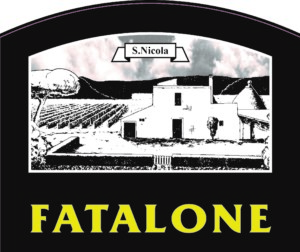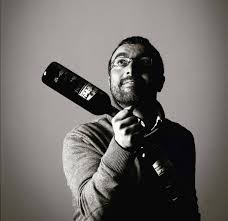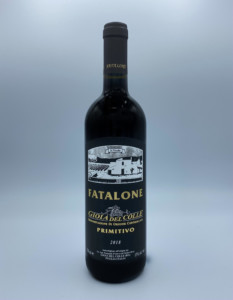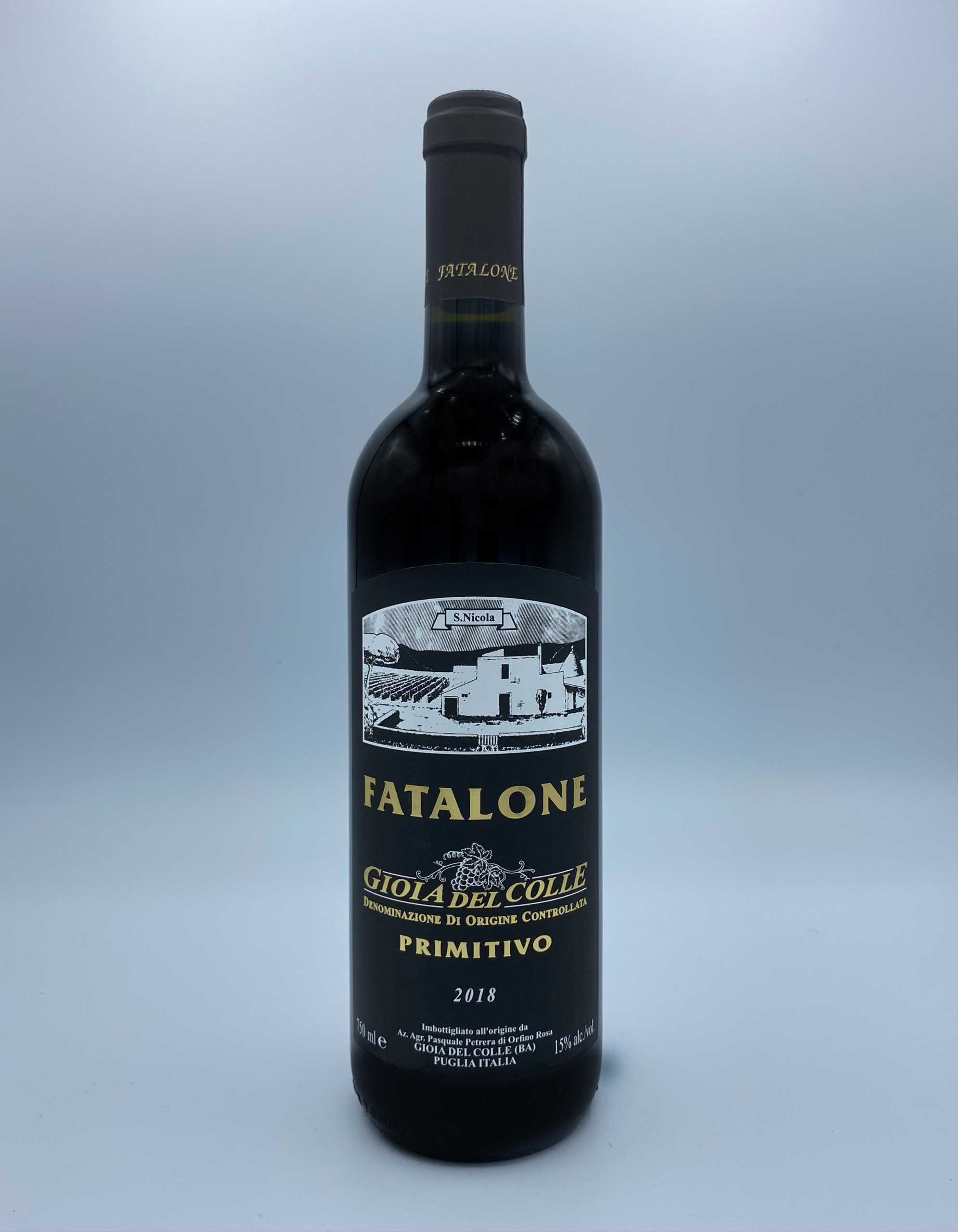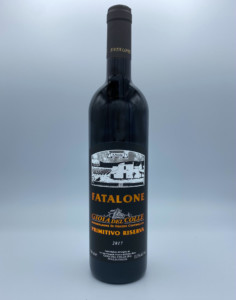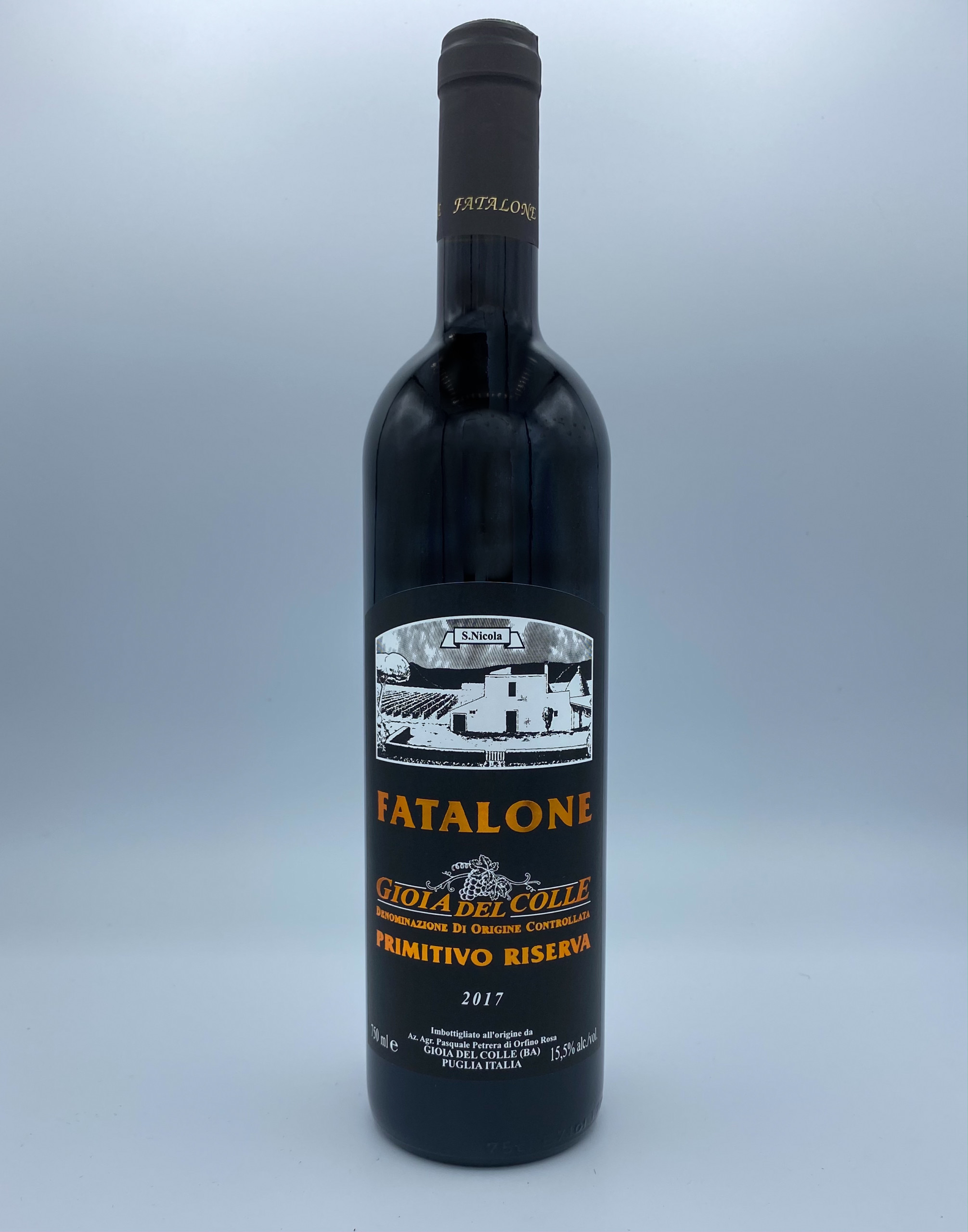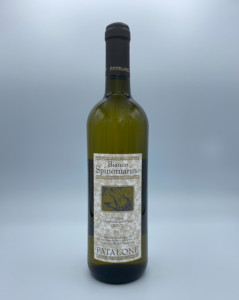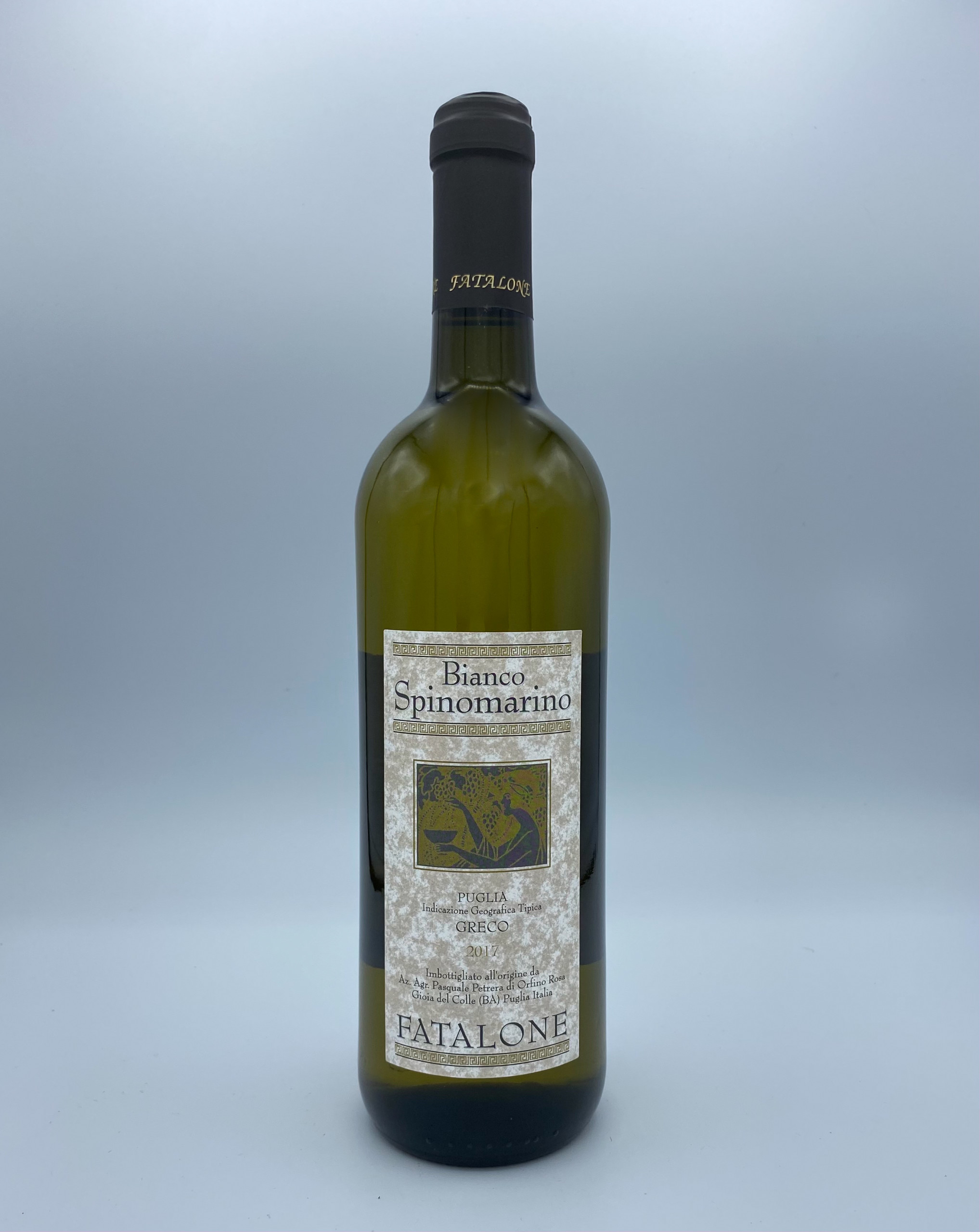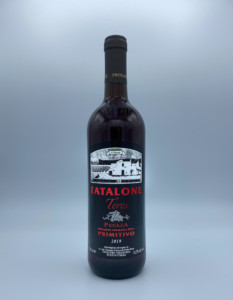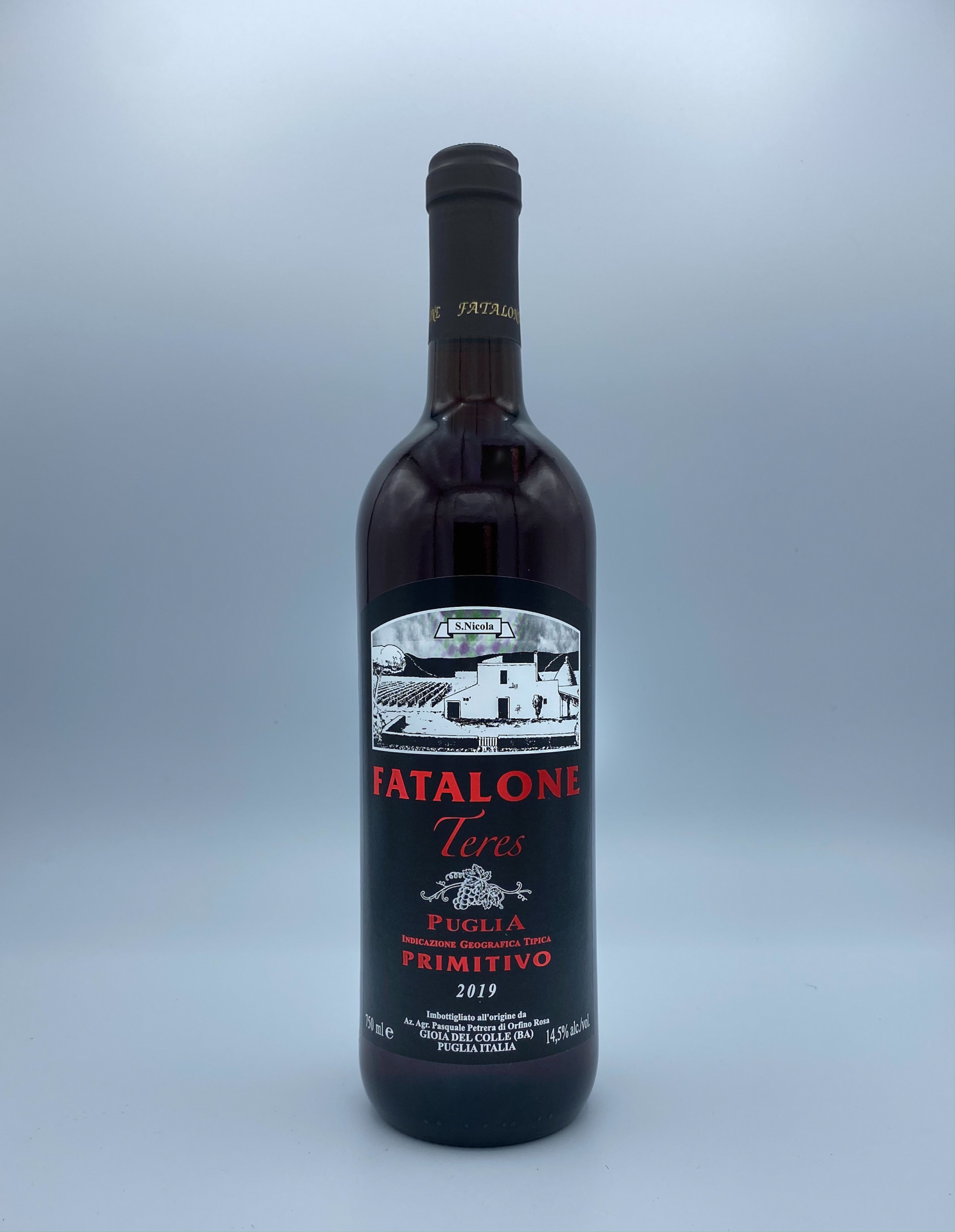Fatalone
About
Owner & winemaker: Pasquale Petrera
Vineyards: 8.5ha, all estate-owned
Vineyard management: Certified organic since 2000
Soils: Clay and limestone, mixed with mineral-rich red earth and marine fossils
Grapes grown: Primitivo, Greco
Annual production: 50,000 bottles
Quick facts:
- The name of the estate originated with Filippo Petrera, Nicola’s son, who was, in his time, nicknamed Il Fatalone—meaning “lady killer,” or “one who can boast to be an irresistible seducer of women.”
- Fatalone was the first winery to bottle a single varietal Primitivo Gioia del Colle DOC in 1987.
- Primitivo is the only Mediterranean grape to produce a fruitful second harvest, called the “racemi.” This second budding of smaller, more delicate grapes is used to make the “Teres” wine.
- The cellar is powered by solar energy, making the entire production cycle 100% sustainable.
Founded by Nicola Petrera in the late 1800s, Fatalone has been owned by the Petrera family for five generations. The name of the estate originated with Filippo Petrera, Nicola’s son, who was, in his time, nicknamed Il Fatalone—meaning “lady killer,” or “one who can boast to be an irresistible seducer of women.” As the family puts it, “Filippo Petrera lived (metaphorically speaking) between Bacchus and Venus until the age of 98, consuming a half a liter of Primitivo and half a liter of fresh milk every morning at breakfast.” A new generation of the Petrera family now farms here in the home of Primitivo, creating aromatically intriguing, fresh, and highly drinkable wines. Pasquale Petrera, the current steward of the estate, formally converted the vineyards to organic agriculture in 2000, though no chemicals had ever been used to treat the vines or the soil. The vines are planted in the Murgian hills at 365m of elevation on what used to be an ancient seabed. After being harvested by hand, the grapes are destemmed, gently crushed, and spontaneously fermented with native yeasts. For aging, the wines are racked by gravity into large Slavonian oak barrels in the 3m-deep cellar, where they are exposed to soft classical music and natural sounds. The idea is that this “music therapy” produces vibrations which support the gentle micro-oxygenation of the wine.

